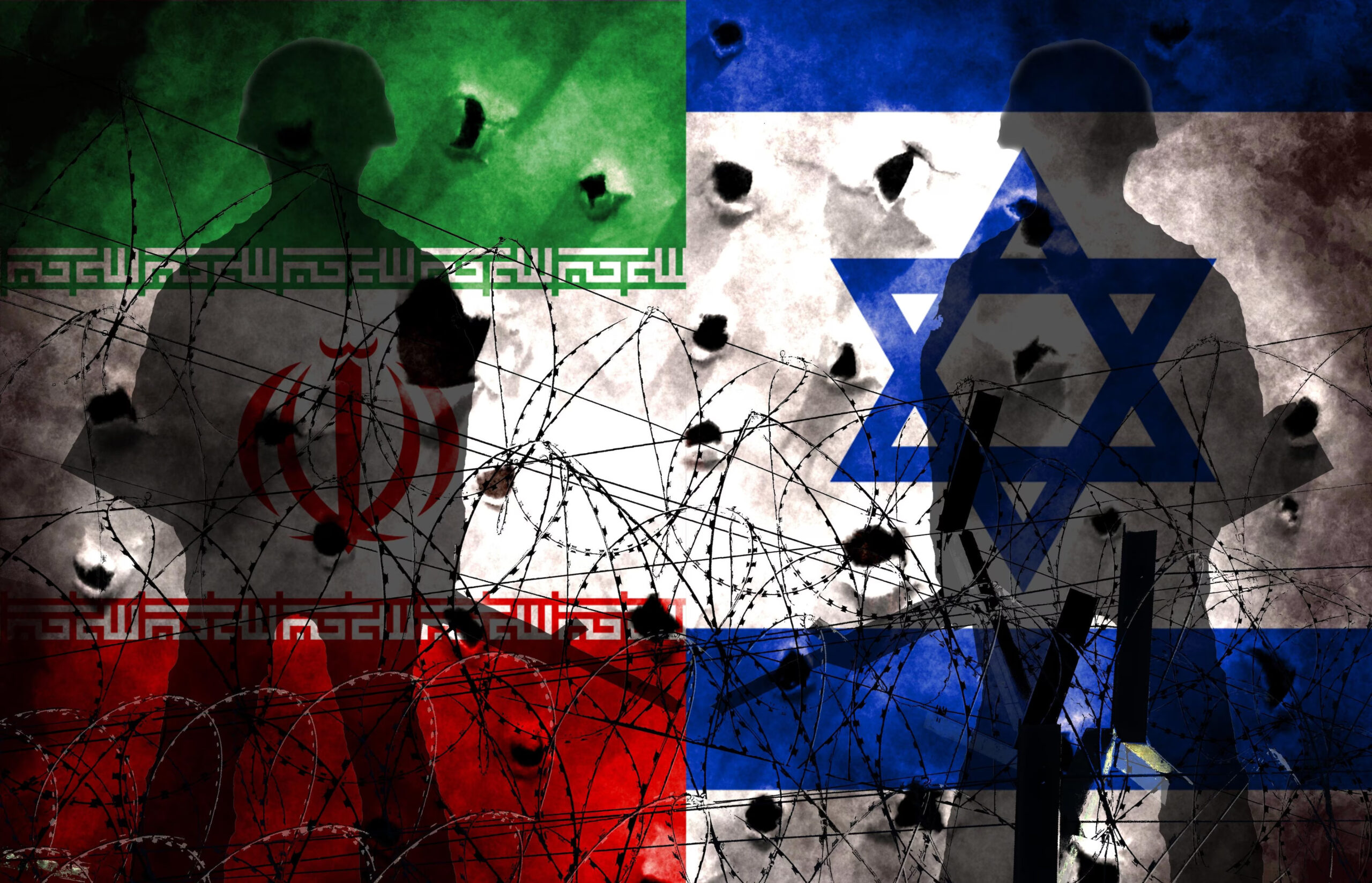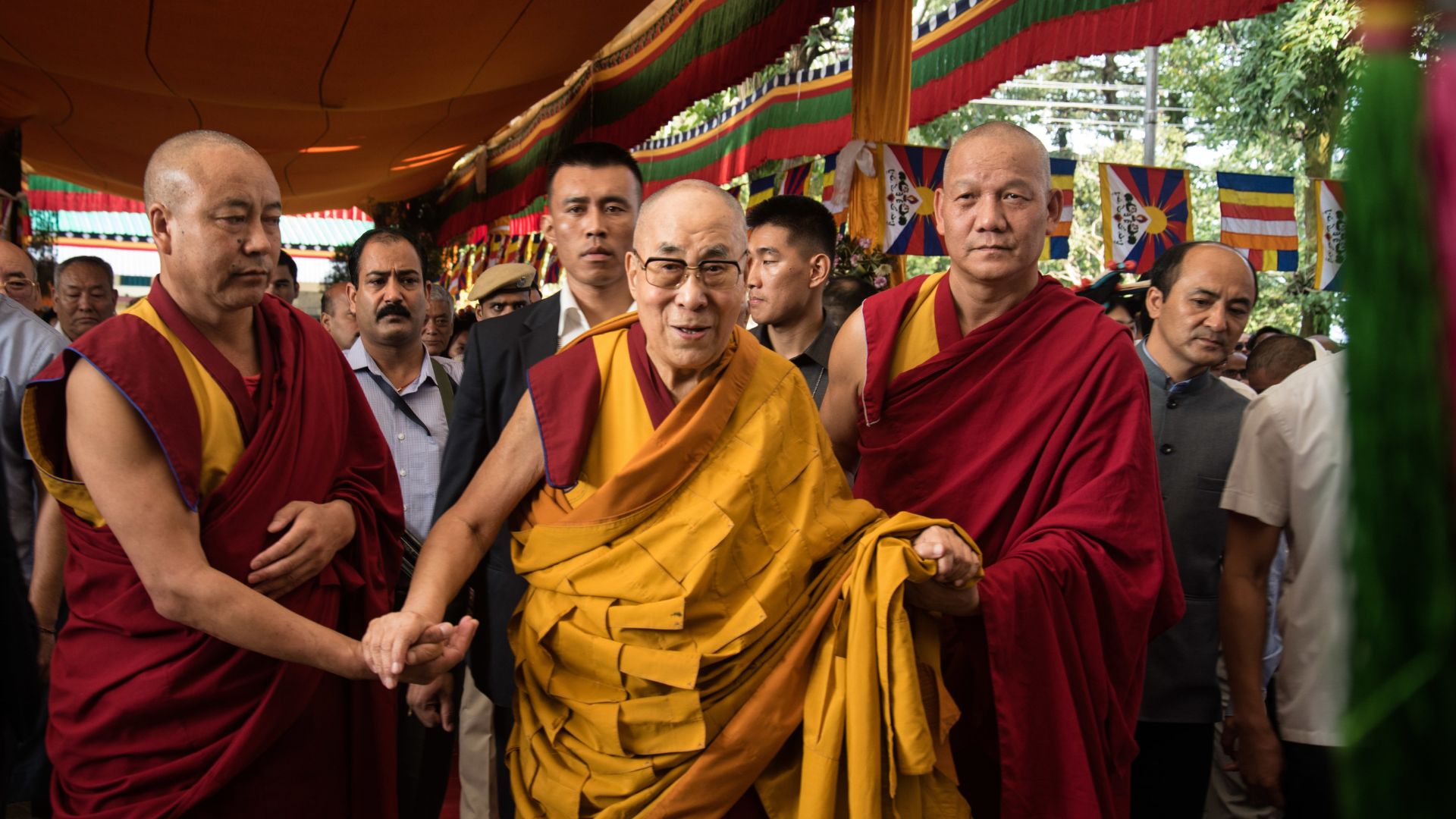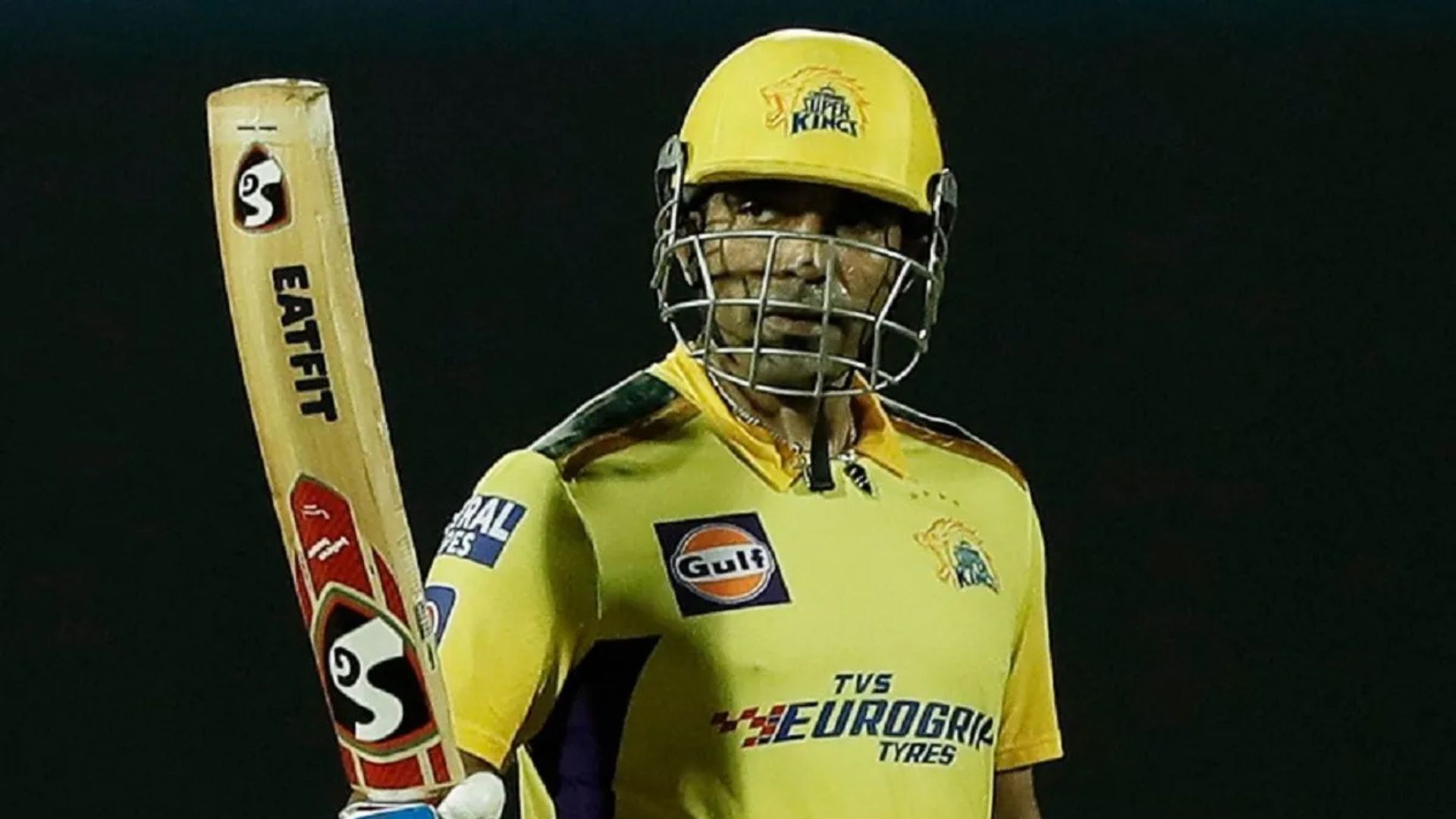Iran has called in foreign ambassadors based in Tehran to emphasize its moral duty to retaliate against Israel for the assassination of Ismail Haniyeh, the leader of Hamas, a week ago in the Iranian capital. Tehran is framing this action as a necessary response to what it describes as Israeli “adventurism” and law-breaking. The Iranian government has also organized an emergency meeting of the Organisation of Islamic Cooperation (OIC) scheduled for Wednesday in Jeddah, Saudi Arabia, to urge Arab states to support its right to retaliate.
Many Gulf leaders are condemning Israel’s actions but are also advocating for restraint on Iran’s part. The meeting will serve as a platform for Iran to press for broader regional support for its stance.
In response to the escalating tensions, Israeli officials have indicated their readiness for a potential Iranian-led attack. Israeli Defense Minister Yoav Gallant announced that the Israeli military is prepared for a “swift transition to offence” if necessary. Prime Minister Benjamin Netanyahu echoed this sentiment, noting that Israel is already engaged in a multi-front war with Iran and its allies.
Iran’s previous attempts to garner Gulf states’ support for military actions or economic sanctions had failed, and efforts were hampered by the death of former Iranian President Ebrahim Raisi in a helicopter crash in May. The current Iranian leadership, including Acting Foreign Minister Ali Bagheri and Foreign Ministry Spokesperson Nasser Kanaani, have reiterated their stance that action against Israel is unavoidable and necessary to restore regional deterrence and address what they view as Israeli state terrorism.
US Secretary of State Antony Blinken has reiterated calls for a ceasefire in Gaza and urged all parties to avoid further escalation. He was earlier reported to expect Iran to launch coordinated strikes, which led to heightened tensions and cancellations of flights at Tehran’s airport, potentially due to fears of military activity.
Russia’s Security Council Secretary Sergei Shoigu arrived in Tehran for talks with Iranian leaders, indicating ongoing support for Iran’s defence cooperation despite Russia’s complex position. Iran’s military actions are being portrayed as essential for re-establishing deterrence in the region after the US’s perceived failure to control its ally Israel.
Inside Iran, there is a growing faction advocating for a coordinated attack involving Hezbollah, Hamas, Iraqi militant groups, the Houthis in Yemen, and Iran itself. This contrasts with earlier periods where diplomatic messages suggested a focus on not seeking a broader regional war.
On the ground, recent developments include:
– A base housing US troops in Iraq came under rocket fire following an American strike on 30 July that killed four pro-Iran Iraqi fighters.
– Fighting continues between Gaza and Israel, with Hezbollah launching a drone attack on northern Israel and Israeli strikes on Gaza causing significant casualties. The Israeli military has reported a reduction in Hamas’s ability to launch attacks, but ongoing exchanges of fire continue.
The assassination of Haniyeh and its aftermath are expected to impact international negotiations aimed at brokering a ceasefire and addressing the ongoing conflict between Israel and Gaza. Concerns have been raised within Israel regarding Prime Minister Netanyahu’s decision-making, with leaked exchanges suggesting political motivations may be influencing the negotiations.







